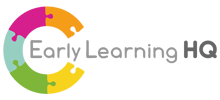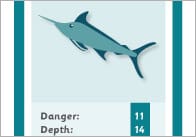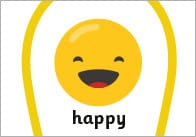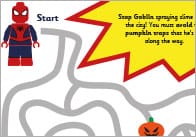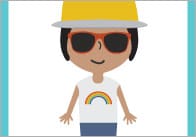EYFS Review Published
The long awaited independent review in to the Early Years Foundations Stage led by Dame Clare Tickell was finally published today. You can download it from the Department for Education website The report contains in excess of 40 recommendations, however I thought I’d run through a few of the key ones and give a quick overview of its overall tenor.
Despite the many recommendations the report is actually very complimentary of the EYFS. It recognises that on the whole it has been overwhelmingly successful and acknowledges that it is liked by the majority of parents and early years practitioners and has driven standards up for children. In particular there is a steadfast affirmation of the themes and principles of the EYFS. There is an endorsement of the learning through play philosophy. That said there is a recognition that play per se does not necessarily lead to successful learning and that practitioners and parents need to adopt a supportive role to ensure the success of playful learning.
The report’s objectives
The overwhelming emphasis of the report is to build on the strengths of the current framework rather than manufacture a new approach. It does this by focusing on the following:
– preventing children from falling behind in their learning through early identification
– engaging parents more in their children’s learning
– clarifying ‘safeguarding and welfare’ requirements
– overhauling the EYFS curriculum framework
– devising a joined-up approach to early progress checks between health and education
– reducing paperwork for providers of early learning
– simplifying current assessment procedures.
The focus of the report is on the following areas:
– how to increase inclusivity, accessibility and flexibility within the framework
– how to equip children for life and ensure that they are ‘ready’ for school
– how to improve children’s safety
– how to ensure that those working in the early years sector are equipped with appropriate knowledge and skills and that their qualifications are fit for purpose
Specific Recommendations
Of particular interest will be the recommendation that paperwork for early years practitioners should be kept to a minimum and that the emphasis should be on supporting and facilitating children’s development rather than keeping meticulous records. This will be achieved in part by slimming down the EYFS profile for children before they go in to KS1 and reducing the early learning goals from 69 to 17. There are further recommendations in relation to the assessment procedure. The report advocates clearer links between the learning goals and the Key Stage One curriculum and the introduction of a simple assessment scale showing whether children’s skills and knowledge across the early learning goals are ’emerging’, ‘expected’ or ‘exceeding’.
One of the report’s more interesting assertions is that success at school originates from a core set of essential life skills rather than from an early introduction to reading and writing. Accordingly, the review recommends dividing the six areas of learning and development into two groups: ‘prime’ and ‘specific’. The prime areas are Personal, Social and Emotional Development, Communication and Language and Physical development. The specific areas are literacy, mathematics, understanding the world, expressive arts and design.
The distinction between prime and specific areas treats the former as the building blocks for achieving positive outcomes for children in later life, while the latter reflect the holistic aspect of young children’s development and the formal subjects that this development will eventually fit into in the school curriculum.
The report brings together many interesting ideas and it will be interesting to see how many of the recommendations are implemented in the months ahead.
Popular Teaching Resources
Stay Up To Date
Sign up for our newsletter and we’ll let you know when we create new early years resources.
